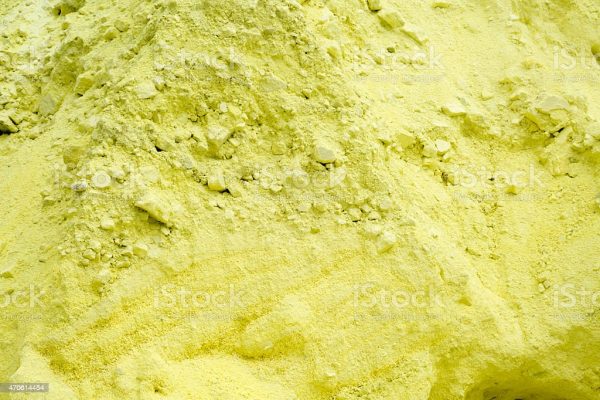Sulfur is widely used and can play different roles in various industries such as pesticides, gunpowder, electrolysis industry, catalysts, rubber, and manufacturing fuels. Then, as one of the industrial sulfur powder, can it be used in food processing? If not, what is the harm if it is put into food, and what is the difference between the two compared with food grade sulfur powder?
We can often see various reports about the toxicity of sulfur fumigated food, such as fumigating roses with sulfur, fumigating fresh bamboo shoots, etc. In fact, in many different versions of the standards for the use of food additives, sulfur can be used as a Additives are used in food. Of course, there are clear regulations on the scope of added food and the added dosage. For example, sulfur can be used as a preservative and bleaching agent in konjac flour, dried fruits, dried vegetables, etc., And only limited to fumigation.
Can industrial sulfur powder be used for food fumigation? In fact, food-grade sulfur is obtained by using industrial sulfur powder through a series of processing and purification. The real difference between the two is the difference in arsenic content between the two. Sulfur powder as a food additive is stipulated that the arsenic content should not exceed 1mg/kg, while the arsenic content of general industrial sulfur powder can reach 50mg/kg, which shows a big difference.
Industrial sulfur powder contains heavy metals such as arsenic, which can affect the nervous system, stimulate hematopoietic organs, etc., and cause serious harm to the human body. Therefore, the state clearly stipulates that industrial sulfur powder is not allowed to be used for food fumigation.

